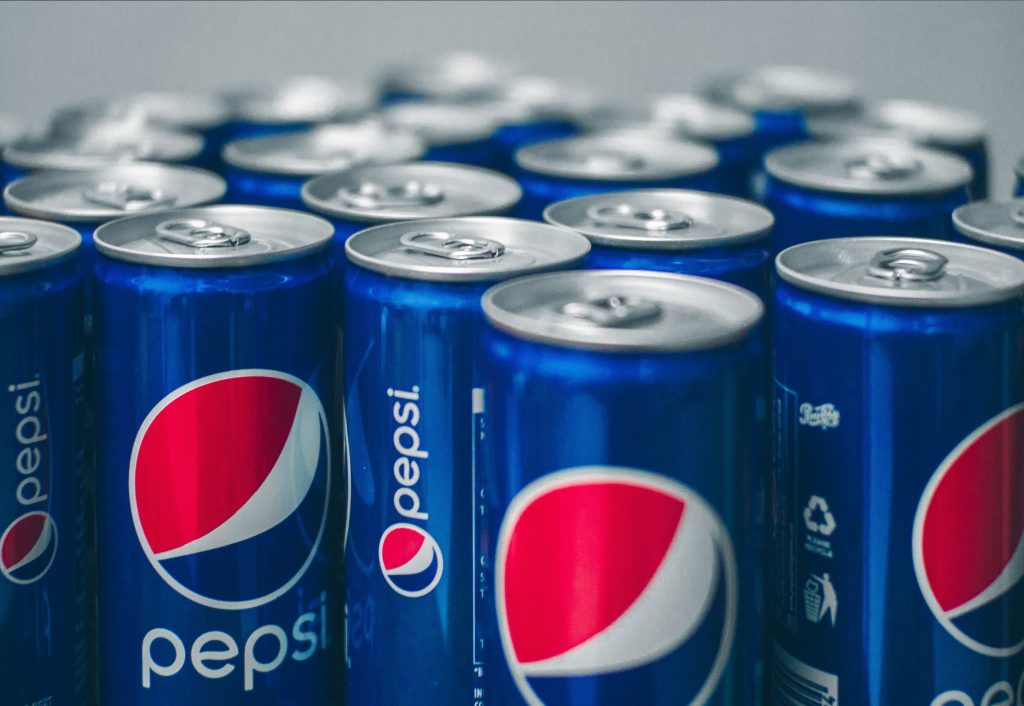A truism that pervades our industry is that the worst thing that can happen to your work is not to have it hated, but to have it ignored.
Well, I hope this thought is keeping the Pepsi team warm tonight, because it’s probably the only morsel of comfort to be found in the wreckage of their latest ad and flames of mockery that have engulfed it.
To be fair I guess they can also take heart in the fact that they did indeed manage to unite people – just like they said they would – it’s just a shame that the common ground they provided was at their expense.
There probably hasn’t ever been an ad storm quite like this, but the closest parallel that comes to mind is the infamous Protein World scandal from 2015. And this should make us pause for thought. For Protein World’s campaign was not only hated; it was incredibly successful, garnering £2 million of sales for the small brand in a few short days. Could the same reward befall Pepsi?
The short answer is… probably not.
The two scenarios aren’t really analogous, since Protein World chose a particular side of an argument, and simply defended it to the hilt, thereby attracting hate from one faction but fandom from another. Pepsi on the other hand also chose a particular side in the culture wars, but it is this side that has turned against it the most viciously, with the protesting classes voicing deep offence at the work while the other side of the aisle simply shake their head incredulously. In other words, at least some people were on Protein World’s side – Pepsi on the other hand has no one.
That said, if hatred is better than indifference, then there should still be glimmers of hope to be found for the brand. So here are three reasons to be (sort of) cheerful…
The Ironic Purchaser
About a decade ago a game swept across American college campuses called “Icing”. What it essentially involved was hiding a Smirnoff Ice in a creative manner so that someone would stumble across it (like baked in a cake say). When they did, they were officially “Iced”, and as such were obliged to drop down on one knee and down it – unless they happened to be armed with an “Ice” themselves with which to block the attack.
Needless to say, the root of this game was not a deep admiration for the brand. In fact it was the very perceived “naffness” of Smirnoff Ice that gave the game its humour. Not great for the brand you might think, until you realise that an ironic purchase looks the same on the bottom line as a sincere one, and the people buying the product for this reason are in fact incremental buyers who otherwise wouldn’t be buying it at all.
When it comes to Pepsi, the fact is that the vast majority of people will be unaffected by this ad. They might have a laugh at the brand’s expense, or more likely let the scandal pass them by completely; either way their base layer of sales won’t go anywhere.
Pepsi has now unwittingly launched an all new purpose for itself – a sort of ironic “injustice shield”. All around the United States people will be handing cans to cops, creating memes, and generally battling prejudice with the cans for quite some time. Who knows, it may follow them for years, just like Icing did Smirnoff. And these sales, they’ll be a bonus.
Mockery Is Not The Same As Hate
Generally when a brand gets embroiled in something like this, there is venom in the criticism they face. That’s certainly what Protein World experienced, as have most other brands who waded into murky political waters. With Pepsi the tone has been rather different. Maybe it’s the earnestness of the spot, or the fact that they were clearly trying so hard to be “good”, but there’s something in the commentary that is more patronising than furious.
The most common term I’ve heard applied to it is “tone-deaf”. That is not the same thing as malicious, and as such one would imagine that the mud is unlikely to stick to the brand for long. There have been no calls to boycott, and indeed there has been something bordering on affection and pity in much of the commentary. Could Pepsi actually emerge from this with slightly improved unconscious brand sentiment thanks to their utter haplessness? Stranger things have happened.
Finally, Let’s Face It, It’s Massive
If we accept some of the above premises, namely that most people will have the details of this case rather pass them by, and even if they don’t they will feel more pity or amusement than anger towards the brand, then we can only conclude the following: this is kind of a hit.
Rarely has any ad generated so much buzz, or received such numerical success as this. Pepsi, now, are simply more famous than they were a week ago. A brand that hasn’t made ripples for a long time has just cannonballed into the pool of public consciousness, and the principal residue that will be left behind will probably be simply fame.
For a product that’s bought on impulse, with little deliberation by a fairly disinterested buyer, that’s not such a bad result.
Alex Smith is Planning Director at real world marketing agency Sense.

